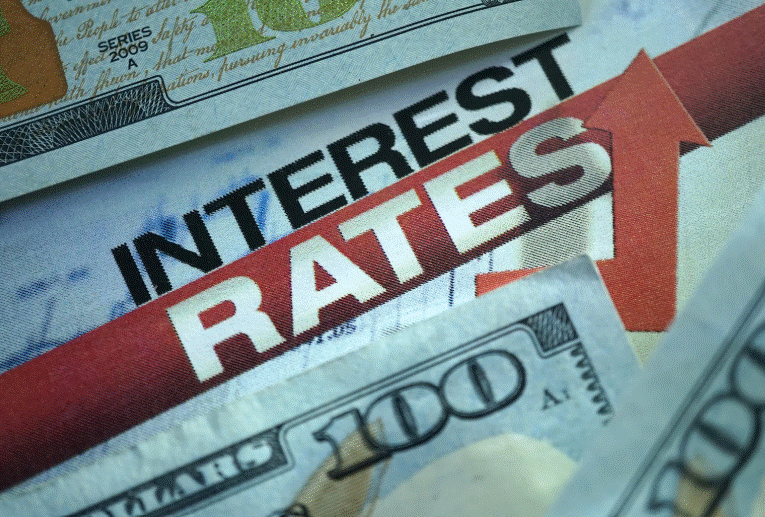If you are a homeowner who is age 62 or older, you may qualify for a reverse mortgage. This unique home loan might be financially beneficial to you if you have owned your home for some time, have accumulated a large amount equity and need cash for bills and expenses in retirement.
What is a Reverse Mortgage?
A reverse mortgage is a type of mortgage that pays you on a monthly basis from the equity in your home. However, you must be at least 62 years of age to qualify for a reverse mortgage. You must also have at least 50% equity in your home to qualify. In other words, your mortgage balance is less than a $100,000 on your $200,000 home. Additionally, you must use this home as your primary or principal residence to qualify.
According to an article written on July 11, 2022 on consumerfinance.gov, Are There Different Types of Reverse Mortgages?, "There are several kinds of reverse mortgage loans: (1) those insured by the Federal Housing Administration (FHA); (2) proprietary reverse mortgage loans that are not FHA-insured; and (3) single-purpose reverse mortgage loans offered by state and local governments." This article goes on to say, "Most reverse mortgage loans today are Home Equity Conversion Mortgages (HECMs), insured by the Federal Housing Administration (FHA), which is part of the U.S. Department of Housing and Urban Development (HUD)."
How Does a Reverse Mortgage Work?
With a reverse mortgage home loan, the amount of money you owe on your mortgage goes up over time, instead of down. As your home mortgage loan balance increases, the equity you have in your home decreases. This is because, each month, the mortgage company is actually paying you out of the equity in your home. There are also fees and interest added to the balance every month. You will be responsible for paying your homeowner's insurance and property taxes on your own.
Who is a Reverse Mortgage For?
A reverse mortgage is for those who may need additional income each month from the equity in their home to pay other bills and meet the financial needs and requirements of their life. It essentially helps to turn your home, an otherwise illiquid asset, into cash to help you financially in retirement.
Why Does a Reverse Mortgage Work?
A reverse mortgage can be helpful to homeowners who are looking for additional income in their retirement years. You can use the funds from a reverse mortgage to help supplement social security or other income you might have. For example, you can use these funds to pay for medical expenses, make home repairs or improvements or pay for in-home care.
When is the Best Time to Entertain a Reverse Mortgage?
Not everyone who is age 62 or older can qualify for a reverse mortgage. It is important to discuss the qualification requirements with a professional reverse home mortgage lender. Home values have risen by double-digit percentages over the past few years so you might have built up enough equity in your current home for a reverse home mortgage. A reverse home mortgage is typically paid back from the proceeds from the future sale of the home. So if you're hoping to leave your home to family members, it may not be your best option.





